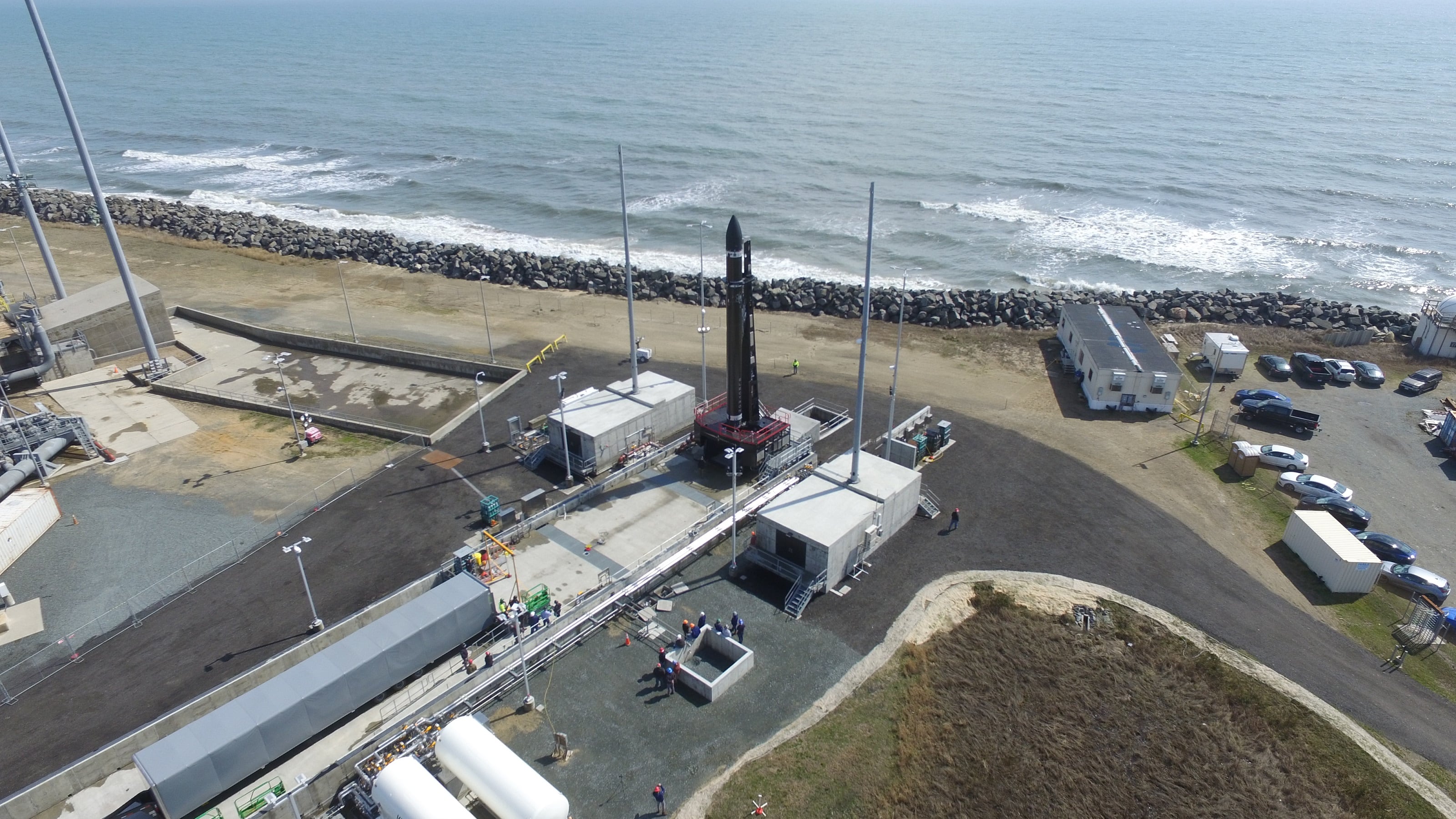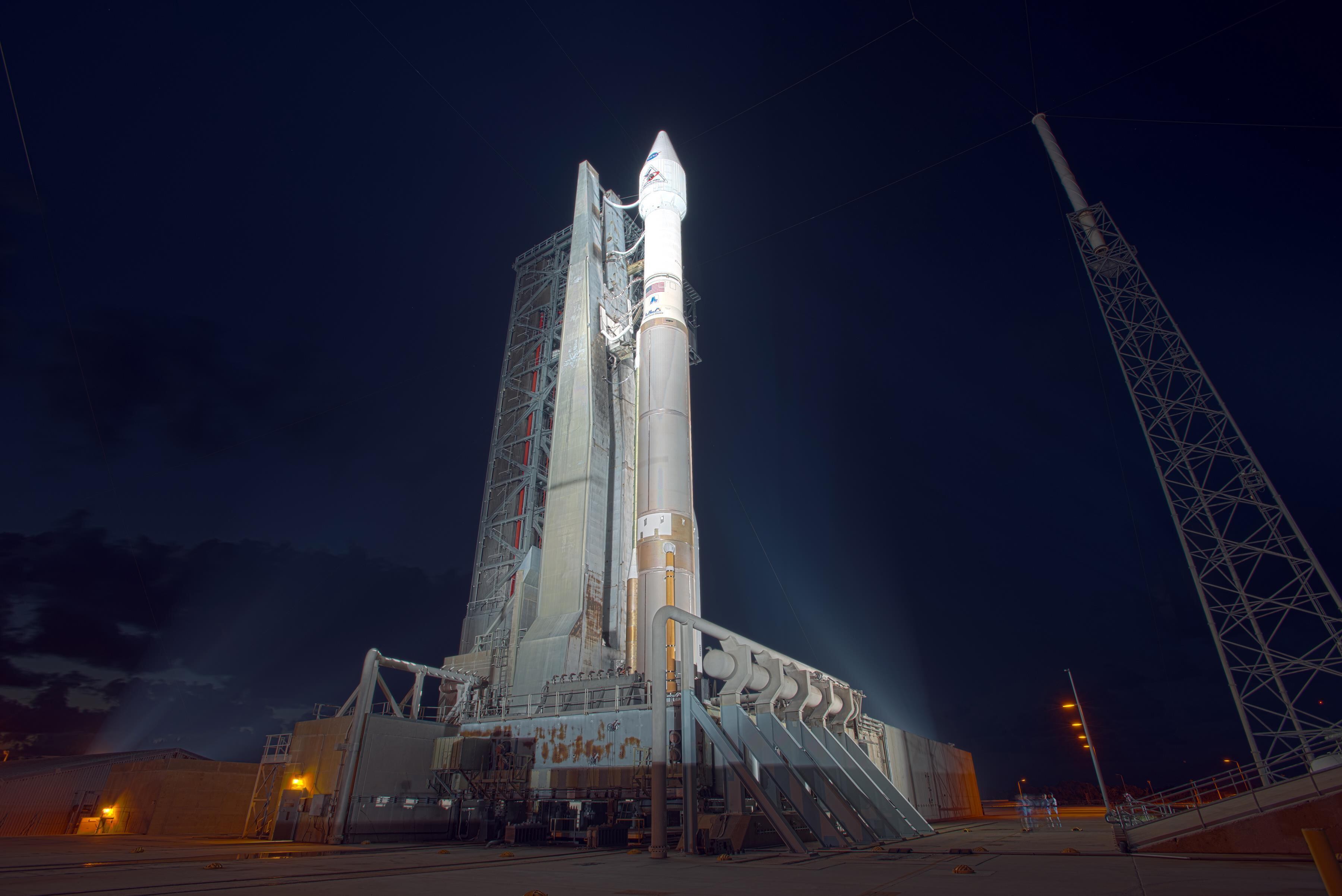WASHINGTON — United Launch Alliance does not project any delays to rocket launches scheduled this year despite the ongoing global pandemic, its chief executive said Saturday.
“I’m not anticipating any impacts at all — knock on wood — to our manifest,” ULA CEO Tory Bruno told journalists during a roundtable ahead of the May 17 launch of the Atlas V, which put the X-37B space plane back into orbit. “The rockets are coming through the factory, we have 29 rockets in build right now.”
So far, the company, a joint venture of Lockheed Martin and Boeing, has had only one confirmed COVID-19 case among its employees, Bruno added.
RELATED

Defense Department acquisition leaders have expressed concern about the health of the space industry, particularly suppliers of key components such as microelectronics.
However, Bruno said that ULA moved out quickly when the pandemic started to try to figure out which of its suppliers were the most vulnerable. It then moved cash to them to cushion any financial blow.
As a result, the company’s supply chain has remained mostly healthy, with the exception of 15 small businesses that are feeling more pressure to keep production on track. ULA checks in with those suppliers almost daily, Bruno said.
“I would say overall it’s been less about a specific technology or industry segment…and really more just about the scale of the businesses,” he said.
“If you have a small shop, and you do get a confirmed COVID case or an exposure and you have to quarantine people who have had contact, and let’s say you only have 25 people who are building something for us, then you lose 20 of them for 14 days. That’s where we’re seeing people struggle the most right now.”
Bruno characterized the U.S. government’s response as “proactive,” saying that the Pentagon has remained in contact with ULA about any challenges to its supply base. He also commended the department’s decision to expedite progress payments to companies, and ULA is now assessing whether it will request accelerated funding to help relieve its supply chain.
“We did not wait for that. In the case of our critical suppliers, we funded them out of our own resources right away to make sure they kept their doors open,” he said. “The government is now making that offer and we’re looking pretty hard on whether we can help them further by doing that.”
Valerie Insinna is Defense News' air warfare reporter. She previously worked the Navy/congressional beats for Defense Daily, which followed almost three years as a staff writer for National Defense Magazine. Prior to that, she worked as an editorial assistant for the Tokyo Shimbun’s Washington bureau.








